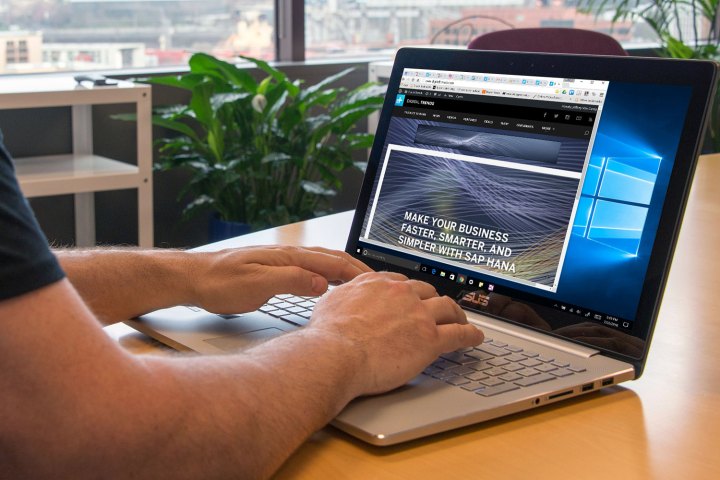
The change, first noticed by Richard Hay of Winsupersite.com, means that the up to 10 gigabytes of storage space taken up by the Windows.old folder will be cleared away quickly, freeing up that space. It also means that, after 10 days, users will not have the option to roll back the newly installed Anniversary Update.
Some users may not like this shorter time frame, but Microsoft claims its data suggests the change was a good idea.
“Based on our user research, we noticed most users who choose to go back to a previous version of Windows do it within the first several days,” a Microsoft representative told Winsupersite. “As such, we changed the setting to 10 days to free storage space used by previous copies.”
It’s hard to fault the logic. If users are mostly reverting in the first few days, why leave 10GB of files on user’s hard drive an entire month?
It’s a prime example of why Microsoft started doing so much data collection with Windows 10. Internet companies like Facebook and Google track users in order to make better product decisions, and the Redmond, Washington-based company is trying to do more of that with its desktop operating system.
Another potential reason for the switch to 10 days: The yearlong free upgrade to Windows 10 has now expired, meaning fewer inexperienced people are installing operating system upgrades. There’s always a chance that something will go wrong after such an upgrade, so offering an entire month to roll everything back was sensible. With the offer expired, there’s less reason for such a long rollback period.
Whatever the reason for the change, we wish Microsoft had made more of an effort to point this out. Anyone who upgrades needs to know how long they have to revert back, so keep this new 10-day total in mind.
Editors' Recommendations
- Windows 11 might nag you about AI requirements soon
- You’re going to hate the latest change to Windows 11
- Windows 11 vs. Windows 10: finally time to upgrade?
- Microsoft may fix the most frustrating thing about Windows updates
- Microsoft plans to charge for Windows 10 updates in the future

